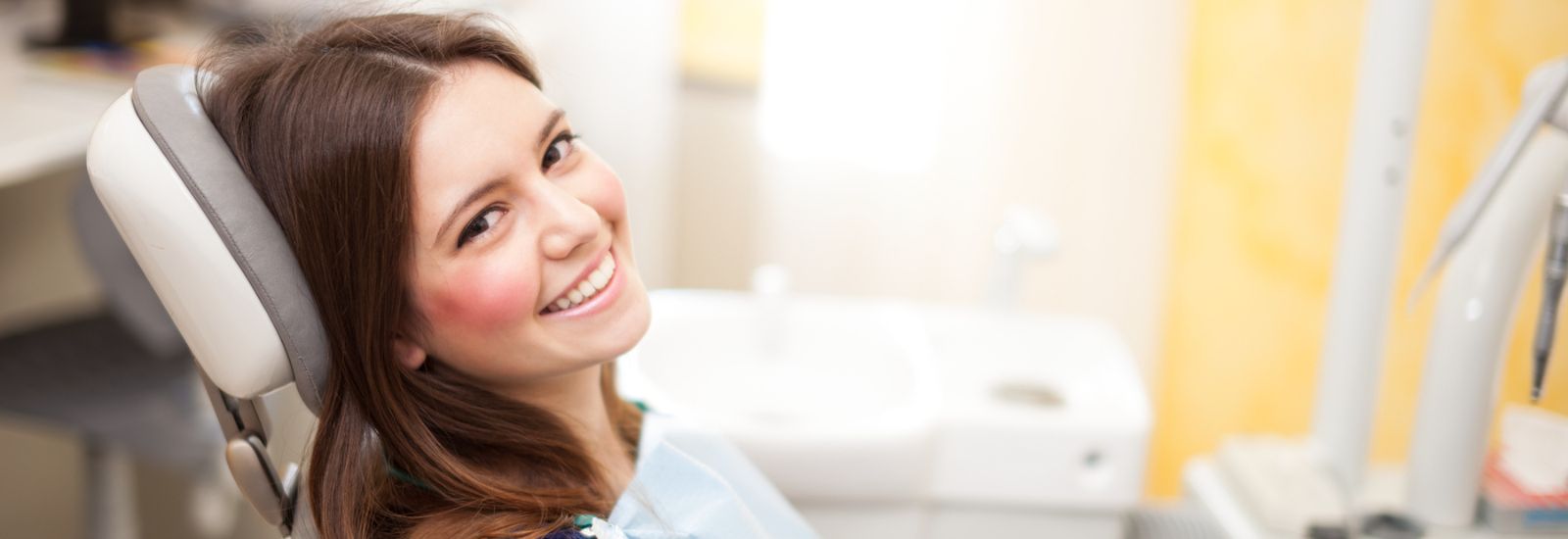What is the DIAGNOdent, and how does it detect cavities?
Using the latest technology is important to Dr. Richard J. Koeltl. As the dental provider at RK Dentistry in Danville, California, he finds that reinvesting in his practice is another way to invest in his patients. By providing modern technology and some of the newest dentistry devices, he can ensure a positive experience at his practice and a focus on overall oral health and wellness. One device used for laser cavity detection is the DIAGNOdent detector available at his practice.
What is the DIAGNOdent laser caries detector?
The DIAGNOdent laser caries detector is a non-invasive, hand-held laser device that uses fluorescence technology to quickly and accurately detect decay in tooth enamel. The device emits a low-energy infrared laser beam that bounces off the tooth’s surface, producing a reading indicating the presence and severity of any decay present. This enables Dr. Koeltl to diagnose dental caries without resorting to traditional methods such as x-rays or visual inspection. As well as detecting existing cavities, the DIAGNOdent can also be used to monitor areas of increased risk for future decay, allowing for early intervention and prevention of more serious damage later on. By providing quick and accurate results, this revolutionary technology helps to accurately diagnose any dental problems you may have, allowing for the correct and effective treatment.
Call RK Dentistry to learn more about laser cavity detection services!
The DIAGNOdent laser caries detector is a safe and convenient way of detecting decay in tooth enamel without compromising your health or comfort. It can help Dr. Richard J. Koeltl of RK Dentistry provide quality dental care with the most up-to-date technology. If you would like to learn more about the DIAGNOdent laser caries detector or book an appointment at RK Dentistry, please do not hesitate to contact us today by calling 925-732-5516. Our practice, located at 4165 Blackhawk Plaza Circle, Suite #200 in Danville, CA, serves patients in and around the area, including patients who reside in the communities of Pleasant Hill, Dublin, Lafayette, Walnut Creek, San Ramon, Alamo, and Concord, CA.



